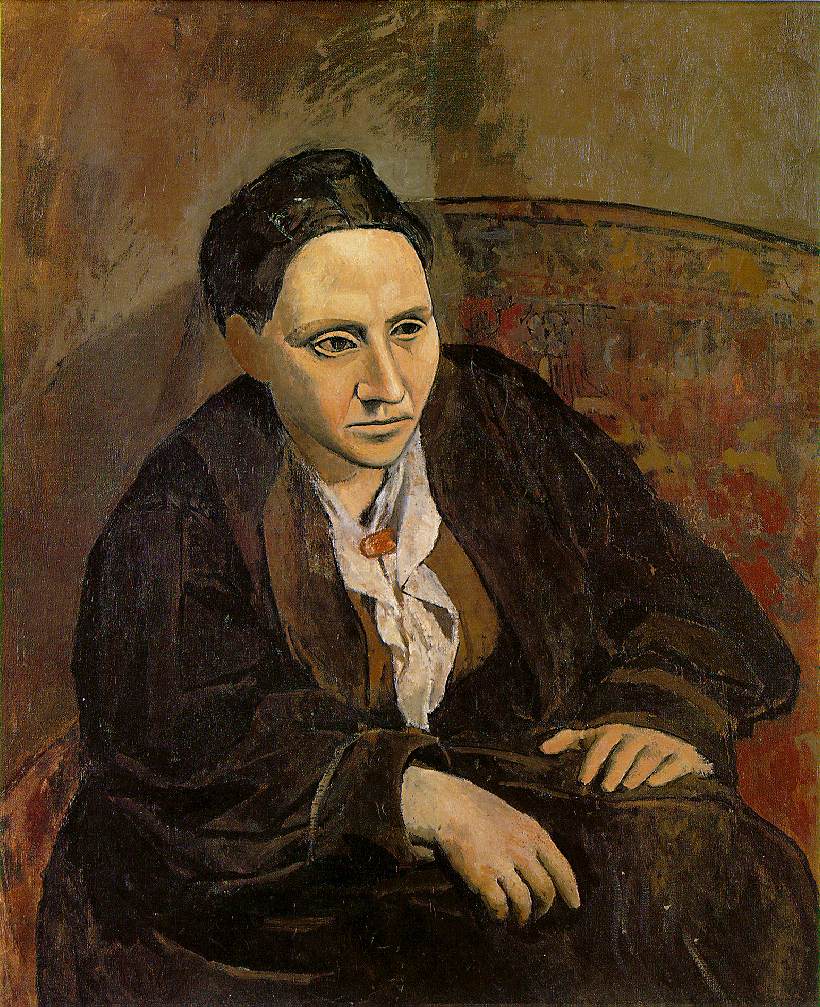 “It is a funny thing about addresses where you live. When you live there you know it so well that it is like an identity, a thing that is so much a thing that it could not ever be any other thing and then you live somewhere else and years later, the address that was so much an address that it was like your name and you said it as if it was not an address but something that was living and then years after you do not know what the address was and when you say it it is not a name anymore but something you cannot remember. That is what makes your identity not a thing that exists but something you do or do not remember.”
“It is a funny thing about addresses where you live. When you live there you know it so well that it is like an identity, a thing that is so much a thing that it could not ever be any other thing and then you live somewhere else and years later, the address that was so much an address that it was like your name and you said it as if it was not an address but something that was living and then years after you do not know what the address was and when you say it it is not a name anymore but something you cannot remember. That is what makes your identity not a thing that exists but something you do or do not remember.”
– Gertrude Stein in Gertrude Stein, Everybody’s
Autobiography (Random House [1937])

 Sometime ago I realized that there was important theoretical work signaled by
Sometime ago I realized that there was important theoretical work signaled by